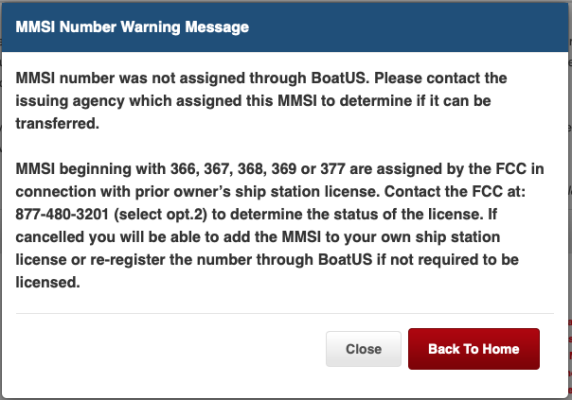All,
There has been a lively discussion over on the AGLCA site about the above licensing for a boat in a foreign country... Canada or the Bahamas.
While if one goes on the FCC site or the CFR site (47CFR / 80.13) it say that a FCC ships license is required to communicate with foreign ports or vessels and while boating there. But that's US law, and could be argued not enforceable in a foreign county, unless there's some sort of treaty or agreement (which I can't find).
Now, one would have to comply with Canadian law, which only requires a restricted radio operators license, but not a ships license.
Now, with the MMSI number, if one does not have one issued by the FCC, it does not end up in a international data base, and not be available for search and rescue in a foreign country. And that's a risk that one can decide if they need or not.
Question: How can the FCC enforce US laws in a foreign country?
There has been a lively discussion over on the AGLCA site about the above licensing for a boat in a foreign country... Canada or the Bahamas.
While if one goes on the FCC site or the CFR site (47CFR / 80.13) it say that a FCC ships license is required to communicate with foreign ports or vessels and while boating there. But that's US law, and could be argued not enforceable in a foreign county, unless there's some sort of treaty or agreement (which I can't find).
Now, one would have to comply with Canadian law, which only requires a restricted radio operators license, but not a ships license.
Now, with the MMSI number, if one does not have one issued by the FCC, it does not end up in a international data base, and not be available for search and rescue in a foreign country. And that's a risk that one can decide if they need or not.
Question: How can the FCC enforce US laws in a foreign country?

